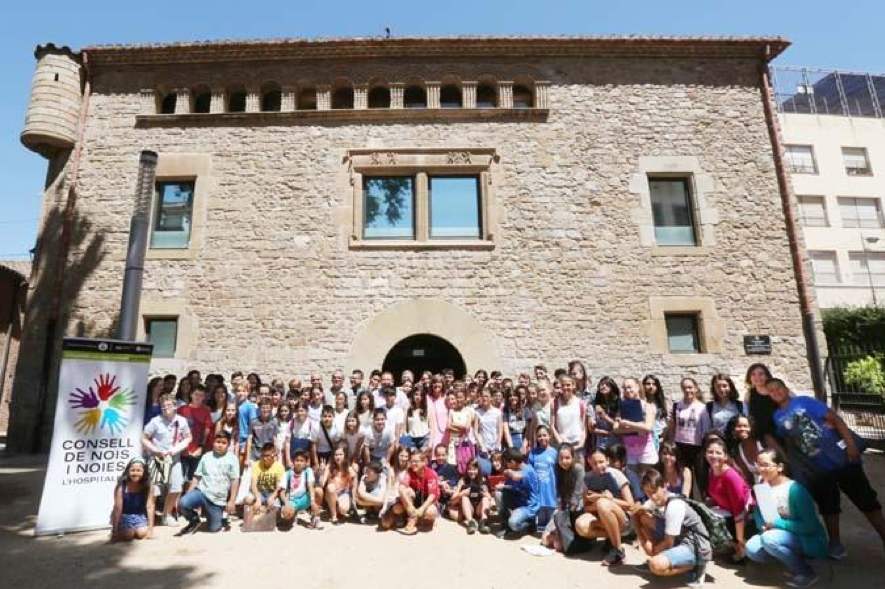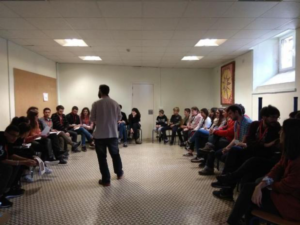Study:
In accordance with the objectives of the project, and taking into account the complexity of the phenomenon being addressed, a longitudinal case study has been considered, as it constitutes a comprehensive, systematic and in-depth investigation process of the trajectories of transition of immigrant students to Secondary education.
Case study is a method that is characterized by being contextual, descriptive and heuristic, such that the case itself is important for what it reveals about the phenomenon studied. For this research, the most relevant methodological strategy is considered since the particular case is analyzed to gain greater understanding of a topic or to refine a theory. Networking approaches constitute the theoretical-conceptual and methodological view from which students’ school dropouts and the emergence of successful trajectories are explored. The attributive vision of the analyzed phenomena is combined with a relational vision of the same on the contributions of the ARS (analysis of social networks). The sociocentric approach is used in the study of global class groups, which allows to discover and contrast the patterns of interaction and connection of immigrant students with and in relation to other peers (in the school environment and social) and the egocentric approach to exploring the system of relationships, structure, composition, and functionality of each student’s personal bonds.
In terms of information gathering techniques, the instruments (questionnaires, scales, etc.) are complemented with strategies such as document analysis or discussion groups and individual interviews that allow a more personal, detailed and experiential approach. to the perceptions and experiences of students and teachers. The analysis and in-depth review of the specific literature that supports the hypothesis of our study allows us to specify the instruments and aspects of analysis that are now anticipated.









